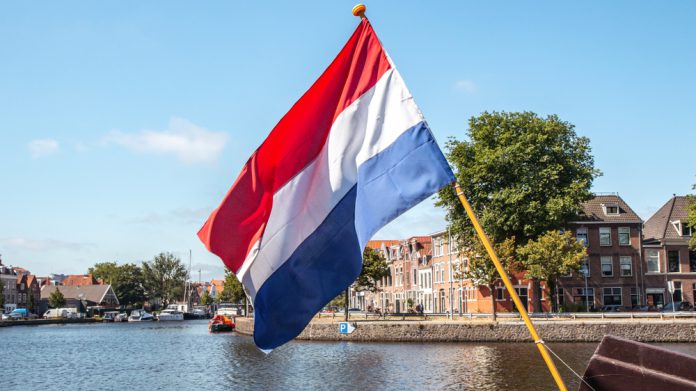The European Gaming and Betting Association has welcomed the introduction of the Netherlands’ long-awaited Remote Gambling Act as a “significant achievement,” however, channelisation warnings have been issued.
The April 1 debut, which the trade association says “brings the Netherlands into line with other EU countries,” means potential licence holders are now able to submit applications to the Dutch Gambling Authority, Kansspeelautoriteit, ahead of market opening on October 1. The Ksa expects to issue 35 licenses.
In welcoming the move, the EGBA adds that it is “pleased that the new regulations focus on achieving a high-level of consumer protection and acknowledge the consumer-centric nature of online gambling by allowing a broad scope of online gambling products”.
However, the group warns that “significant concerns remain,” most notably that of an objective to achieve 80 per cent channelisation of the newly regulated market within three years.
The EGBA suggested that the country’s ambition “should be strengthened to support the effectiveness of the new regulation,” citing the Danish market, where “well over 90 per cent of players play on licensed websites,” as a prime example.
Furthermore, it is added that the risks to channelisation have been recently illustrated by a recent survey commissioned by NOGA, which highlighted that as many as 41 per cent of Dutch online gamblers do not care, or have no preference, if the site they use is licensed.
Therefore, the firm urges the Dutch authorities to assess the effectiveness of the new legislation in achieving a more ambitious level of channelisation, and adopt measures accordingly.
“We welcome the introduction of online gambling regulation in the Netherlands. Almost all EU countries now have a multi-licensing system for regulating online gambling,” stated Maarten Haijer, secretary general of the EGBA.
“But the real winner here will be the Dutch player who will now have much greater choice and protection under Dutch laws. In this respect, we still have significant concerns about the channelisation ambitions of the Dutch authorities. For the new legislation to be effective it needs to aim to reach more players than currently foreseen.”











